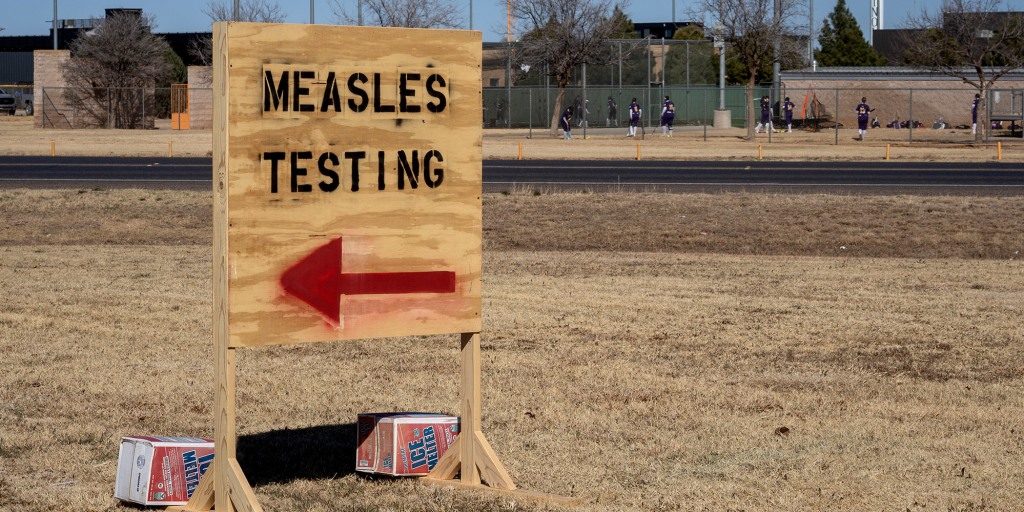Tragedy Strikes: Measles Claims Second Young Life in Texas Outbreak

In a deeply personal moment of grief, Health Secretary Robert F. Kennedy Jr. is preparing to attend the funeral of the young child, set to take place this Sunday. The somber event underscores the profound emotional impact of the loss, with Kennedy expected to join the family in mourning and paying final respects.
